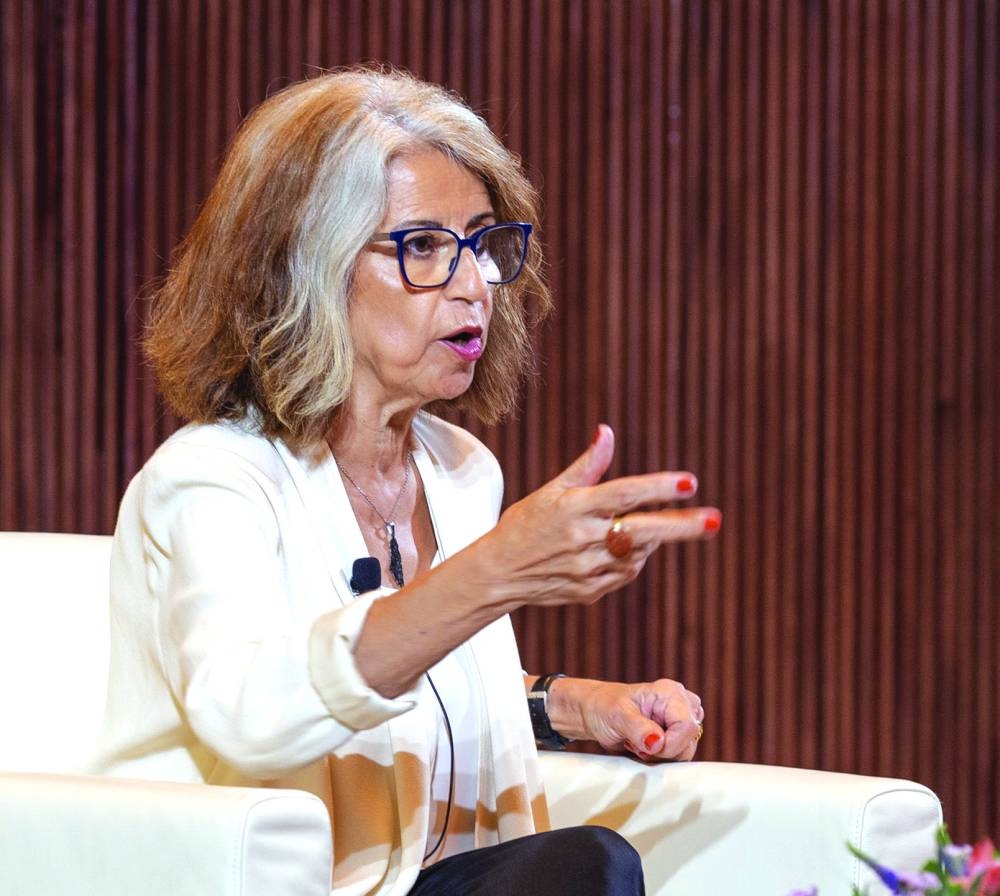The writing process, the interplay of politics and cultural production, and maintaining values in the face of social change and unrest were discussed by celebrated writer, commentator, and activist Dr Ahdaf Soueif at Georgetown University in Qatar's (GU-Q) Qalam series.
The event was conducted by internationally acclaimed novelist and GU-Q's inaugural writer-in-residence Kamila Shamsie. Dr Soueif is a cultural and political commentator and activist who has been named one of Egypt’s most influential novelists by Harper’s Magazine. She writes about Egyptian and Palestinian politics and history through award winning fiction and non-fiction novels, short stories, and translations.
“The Map of Love was short-listed for the Booker Prize, translated into 30 languages, and sold a million copies. It is impossible to overstate what a very big deal it was...It was the book of the year, the one everyone was reading on the subway,” Shamsie recalled.
This in turn gave Dr Soueif a prominent platform which she used to write about the second Infitada and the War on Terror in publications such as The Guardian at a time when there were very few voices speaking in the Western media from the perspective of people from the region.
Her reputation as a political commentator grew when she covered the Arab spring, first via journalism and later in the book Cairo: My City, Our Revolution. When asked to give advice to writers and activists today, she responded: “I would say speak out, don’t shout, and don’t compromise, and use any space that comes your way, but be true to what you actually believe.”
A former trustee of the British Museum, who resigned that position on ethical grounds, Dr Soueif has always been committed to the role of culture in society. She spoke about her time spent in Doha in 2010 to produce an innovative book with Bloomsbury Publishing that gathered 25 prominent writers and intellectuals from different disciplines, and asked them to “fall in love with one piece” from the Museum of Islamic Art’s collection.
The result was a confluence of Eastern and Western perspectives on the collection titled Reflections on Islamic Art. “I thought this was an opportunity to bring interesting people and objects from both worlds together,” recalled Dr Soueif, and the result was a volume that instead of reinforcing orientalist stereotypes about Islamic art offered insight on the importance of both art and Islam in the modern world.
At every stage of her career, Dr Soueif has inspired others to try to make a difference through the example of her innovative fiction, her fearless non-fiction and her founding of the Palestine Festival of Literature which has taken hundreds of writers from around the world to Palestine since 2008.

Dr Ahdaf Soueif in conversation
